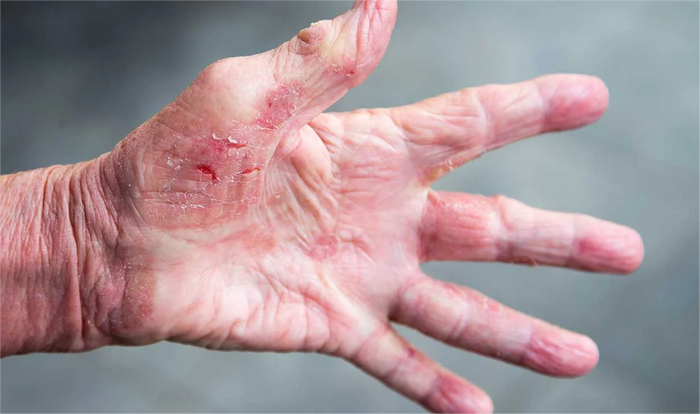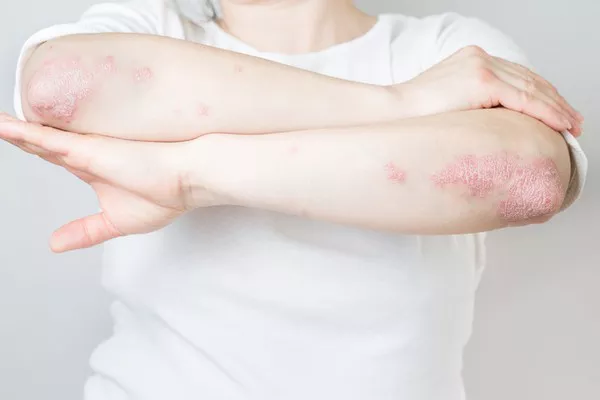Living with eczema involves navigating various triggers that can exacerbate symptoms such as dehydration, inflammation, and disrupted sleep. Among these triggers, alcohol consumption can significantly impact individuals with eczema by exacerbating these underlying issues.
Alcohol’s Impact on Eczema
While alcohol itself does not directly cause eczema, it is recognized as a contributing factor to its severity. Austin Lee, P.A., from Treasure Valley Dermatology in Boise, ID, explains that high alcohol consumption can increase the likelihood of developing dyshidrotic eczema, characterized by itchy blisters on the hands and feet. This variant of eczema is linked to alcohol’s immune impairing effects.
Moreover, excessive alcohol use can lead to nutritional deficiencies, which are known to exacerbate eczema symptoms. Raja Sivamani, M.D., of UC Davis Medical Center, notes that alcohol inhibits the absorption of essential nutrients like zinc, potentially influencing the development of the disorder.
Triggering Eczema Flares
Alcohol can trigger eczema flares due to its inflammatory properties. Dr. Sivamani emphasizes that while alcohol may not always directly cause a flare, it can worsen pre-existing atopic dermatitis. Monitoring alcohol intake alongside other triggers like stress and environmental factors can help individuals identify patterns in their eczema flares.
Mechanisms of Aggravation
Consistent consumption of more than two alcoholic drinks per day can lead to widespread inflammation and impair organ function. Alcohol triggers the release of inflammatory cytokines in the bloodstream, which can affect the skin’s condition and worsen eczema symptoms. Additionally, alcohol induces histamine release, contributing to skin inflammation and itching.
Considerations for Individuals with Eczema
Managing eczema alongside social activities involving alcohol requires careful consideration:
- Monitoring Flare-Ups: Keeping a journal of alcohol consumption and eczema symptoms can help individuals identify potential triggers and manage their condition effectively.
- Moderation is Key: The National Center for Health Promotion and Disease Prevention advises moderation in alcohol consumption to minimize its inflammatory effects.
- Interaction with Medications: Alcohol can interact with medications commonly prescribed for eczema, such as antihistamines and immunosuppressants. It’s crucial to consult healthcare providers regarding potential risks and adjustments to medication regimens.
Conclusion
Understanding the impact of alcohol on eczema and taking proactive steps to manage its consumption can significantly improve symptom management. By staying informed and vigilant, individuals can better control their condition and enhance their quality of life despite living with eczema.
This approach not only supports individual health but also fosters informed discussions between patients and healthcare providers, facilitating personalized treatment strategies for eczema management.
Related Topics:


























